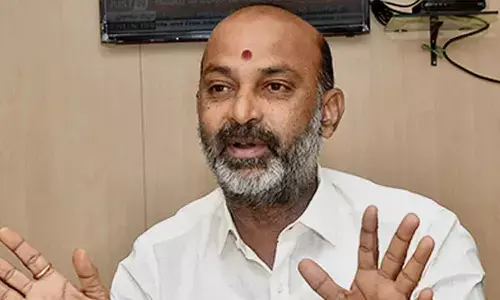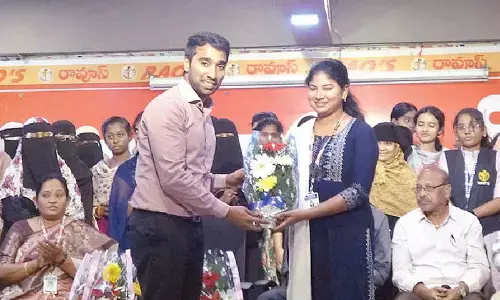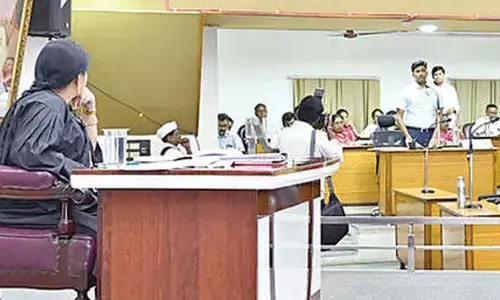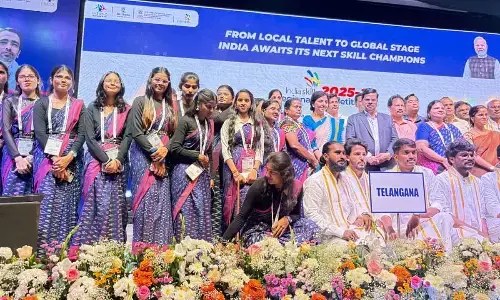Feministic study of the epic
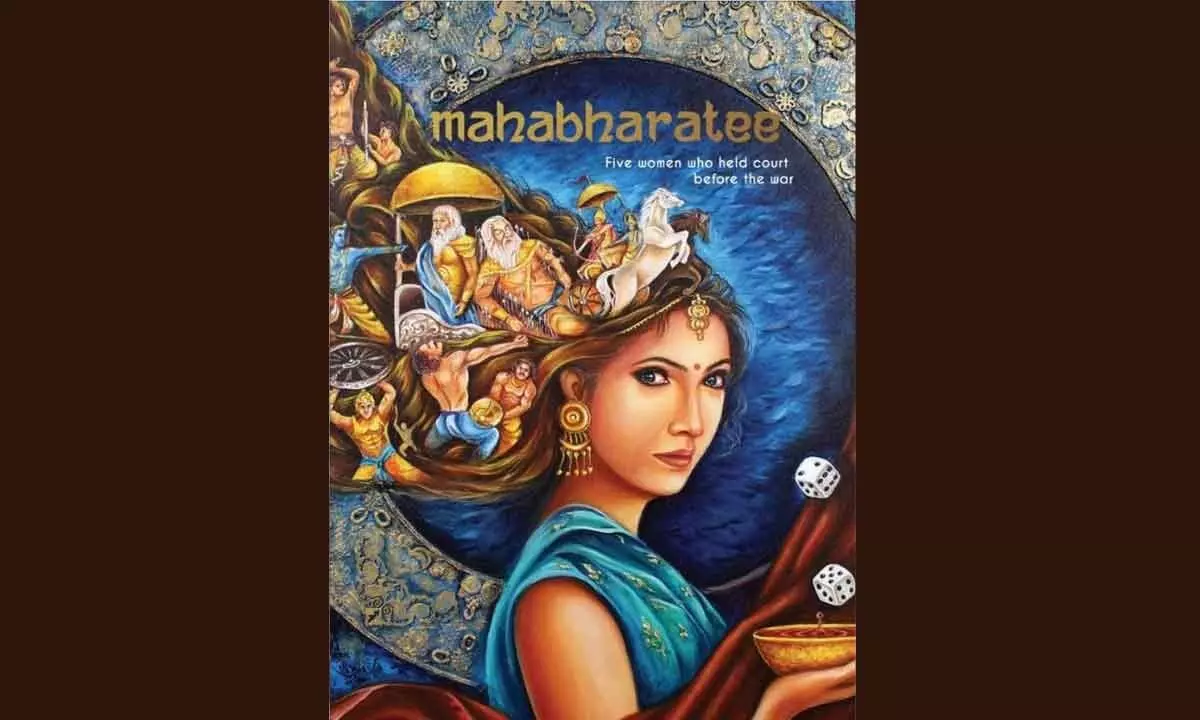
When we dwell on the saga of the Mahabharata, we come across many books pertaining to the epic. Therefore, it becomes a daunting task for an author to ignite the interest of the readers about his work which relates with this most explored and over exploited subject. Here, the author, Shruti Gupte, comes off with flying colours as she depicts an altogether novel version of the Mahabharata in her book 'Mahabharatee'. The title of the work makes it clear that this book has been conceived and created from the feminist point of view. Undoubtedly the world of mythological writing has several perspectives on the epic but most of them reflect male centric notion and explain the historical tale from a purely patrachial aspect. Here the author deserves admiration as she successfully annihilates the old fossilised notion of masculinity and comes up with a narrative with female protagonists. Unlike the conventional heroes, the five Pandavas, 'Mahabharatee' deals with five heroines Draupadi, Kunti, Mahamata Satyavati, Gandhari and Rukman who call shots. These charismatic women of unflinching courage and unflagging zeal congregate to contemplate review and ponder over the pros and cons of the imminent war of Kurukshestra. The book is also loaded with deep symbolism and it seems to be a diatribe against the male chauvinistic pattern of society. Much to our chagrin, we are the dwellers of a parochial minded society in which the opinion of women is seldom sought pertaining to the matters of import.
Demolishing the stereotype, these females are shown not docile but fireclay articulate. The manner in which Dhropdi brings forth her pro war stance seems really convincing. Unmindful of the advice of Satyavati, she opines that war is only way to punish the guilty (the men who had displayed the audacity to disgrace her in the royal court of Hastinapur). Tracing the relevance of the novel in the modern day context, it would not be fallacious to draw the analogy of the crimes being committed against women. The chrorous clamours in unison for the hardest of the punishment as deterrent. The five women stand for the five elements, and here we see them come alive in their innate form. Kunti resembles the earth element with her nurturing nature; Satyavati represents the water element with a lucidity of flow of her thoughts and actions; Draupadi personifies the fire element with passion and vengeance in her character; Gandhari is the embodiment of air element with purity and elusiveness of her character; and Rukmini reflects the space element with the enormity of her character.
Reading a note from Rukmini, Krishna enters the discussion court. He changes the perspective to the war and gives a secret of detachment to five women. He encourages the five women to look at this war as a fire sacrifice - wherein oblations are offered to the sacred fire. The instrument, the object, the doer and the act of offering, all are one. With that, all women decide that let the men fight with one another but let all of the women of Kuru dynasty be united with a great detachment.
This releases the burden of Draupadi that she is 'a cause for the Great War'.
'The war begins. While the men fight physical war on the battlefield, the women fight the inner war to attain self-realization. While the men are in conflict, the women are set at peace.
'Mahabharatee' is the first feminist Gita. It leads to where every other philosophy leads: self realisation. The language of the book deserves special applause and the author's ability to create formidable characters acts as the icing on the cake. In short, 'Mahabharatee' is a must read.




